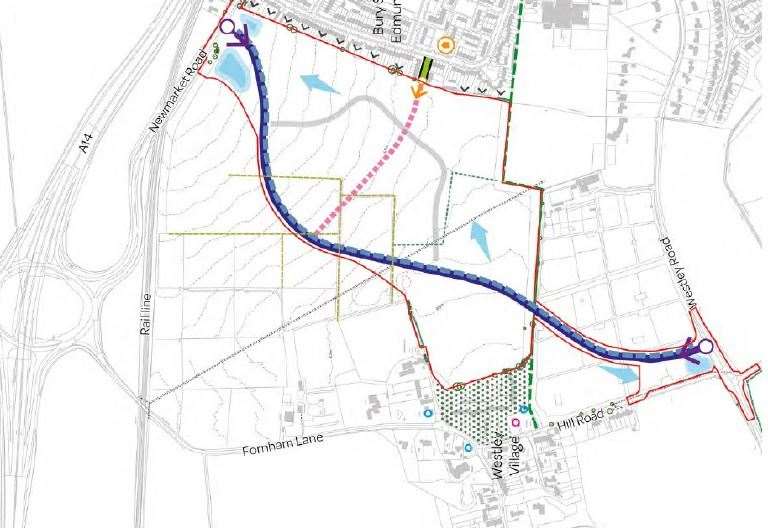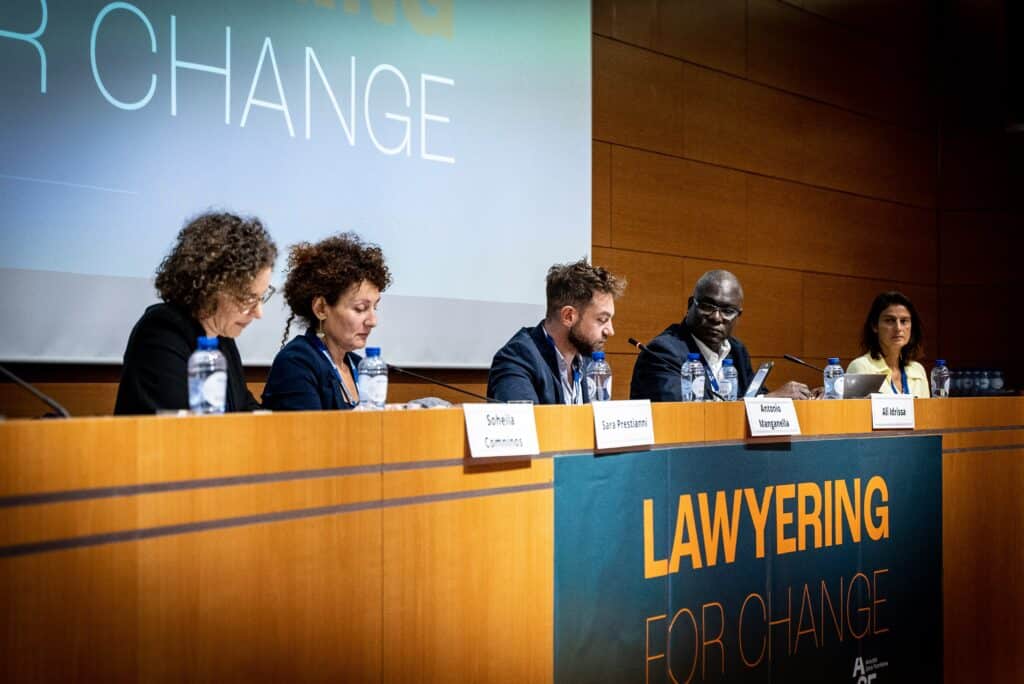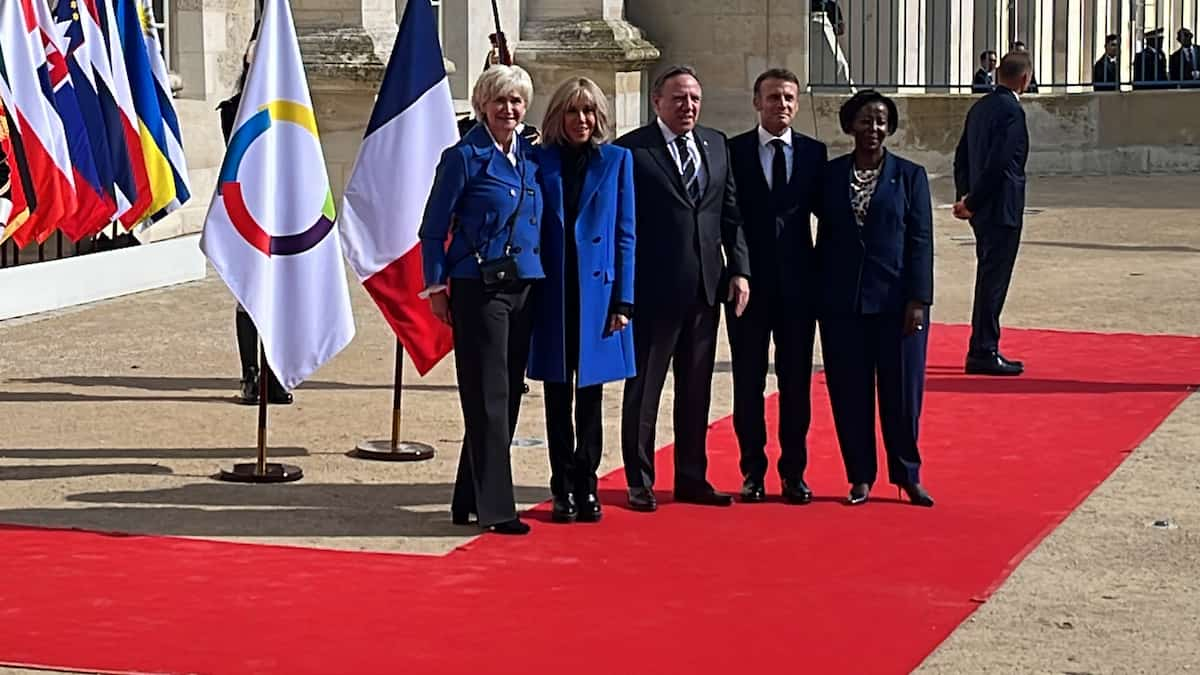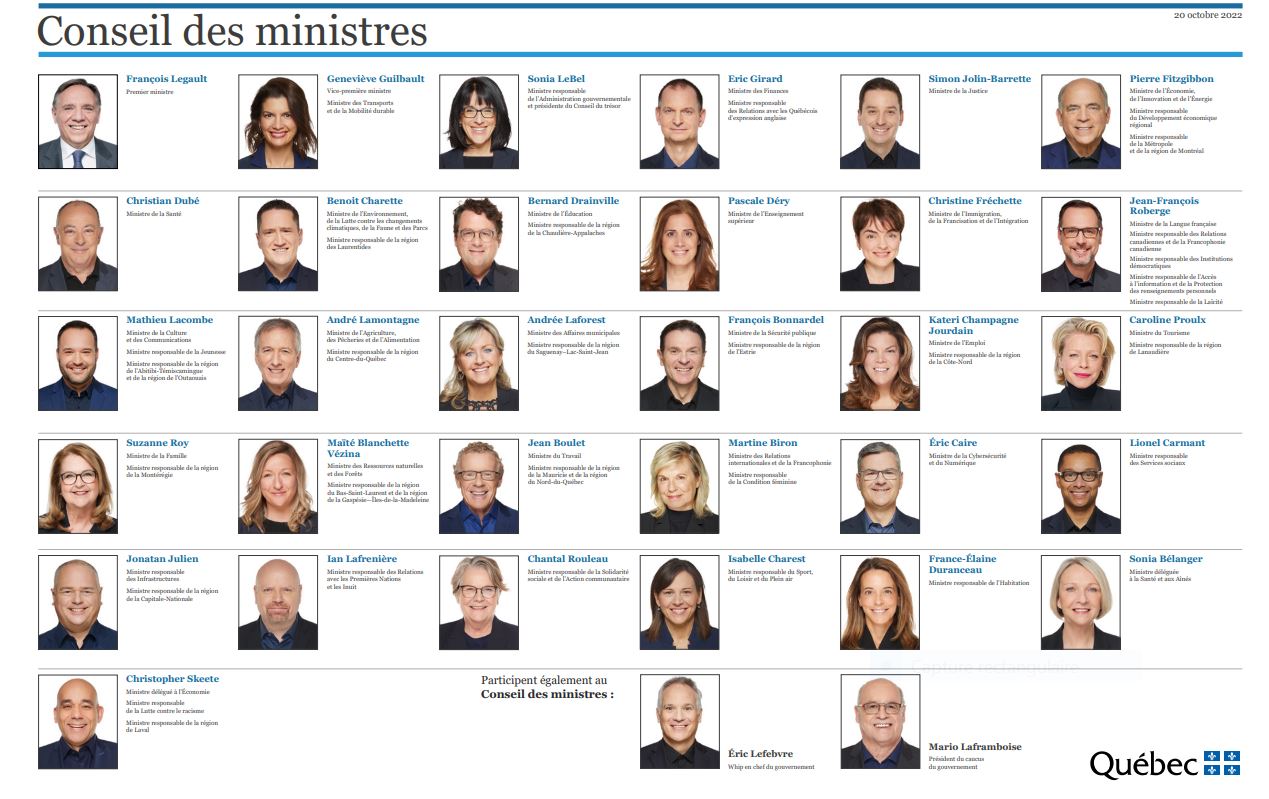Bangladesh's European Strategy: Collaboration, Growth, And The Future

Table of Contents
Enhanced Trade and Investment Relations
A cornerstone of Bangladesh's European strategy is the enhancement of trade and investment relations. This involves a multifaceted approach focused on boosting bilateral trade and attracting significant European investment.
Boosting Bilateral Trade
Bangladesh aims to significantly increase its exports to Europe, particularly within the ready-made garment (RMG) sector, which is a major contributor to the country's economy. However, success hinges on several key strategies:
- Negotiating preferential trade agreements: Securing favorable trade deals with the EU is paramount. This could involve leveraging existing agreements like the Everything But Arms (EBA) initiative while also exploring new avenues for preferential access to European markets.
- Improving market access: Addressing non-tariff barriers, such as complex customs procedures and stringent regulations, is crucial to streamline the export process and reduce costs for Bangladeshi businesses. This includes improving supply chain efficiency and logistics.
- Diversifying exports: While the RMG sector remains dominant, expanding into other promising sectors like pharmaceuticals, jute products, and leather goods is essential for reducing reliance on a single industry and increasing overall export revenue.
Successful collaborations already exist, particularly in the RMG sector, however, continued improvements are vital. For example, initiatives focused on sustainable and ethical sourcing within the RMG industry are key to maintaining and expanding market access.
Attracting European Investment
Bangladesh actively seeks foreign direct investment (FDI) from European companies, particularly in high-growth sectors. Attracting this investment requires a concerted effort:
- Improving the investment climate: This involves simplifying regulations, reducing bureaucratic hurdles, and ensuring a transparent and predictable business environment. Combating corruption and promoting good governance are also key to building investor confidence.
- Streamlining regulations: Reducing red tape and simplifying the process of obtaining licenses and permits is crucial for attracting foreign investment. Digitalization of government services can significantly improve efficiency.
- Promoting sustainable and ethical investment practices: Emphasis on environmental sustainability and social responsibility is increasingly important for attracting European investors who prioritize ESG (Environmental, Social, and Governance) factors.
Several European companies have already invested in Bangladesh's infrastructure, energy, and technology sectors, demonstrating the potential for further growth. Government initiatives aimed at creating special economic zones (SEZs) with investor-friendly policies are further incentives for foreign investment.
Development Cooperation and Sustainable Development Goals (SDGs)
Development cooperation is a central pillar of Bangladesh's European strategy. This collaboration is crucial for achieving the Sustainable Development Goals (SDGs).
EU Development Assistance
The European Union provides substantial development assistance to Bangladesh, supporting various programs aligned with the SDGs.
- Poverty reduction: EU funding supports initiatives aimed at improving livelihoods, creating job opportunities, and reducing income inequality.
- Climate change adaptation: Given Bangladesh's vulnerability to climate change, EU assistance focuses on building resilience, developing adaptation strategies, and promoting climate-smart agriculture.
- Education and healthcare: Improving access to quality education and healthcare is a priority, with EU funding supporting initiatives in both sectors.
Numerous EU-funded projects are underway in Bangladesh, demonstrating the tangible impact of this cooperation. These initiatives often focus on capacity building, technology transfer, and strengthening local institutions.
Climate Change Collaboration
Given Bangladesh's vulnerability and Europe's commitment to climate action, collaboration on climate change is essential.
- Joint research initiatives: Collaboration on climate research helps improve understanding of the challenges and inform effective adaptation strategies.
- Technology transfer: Europe can assist Bangladesh in adopting and adapting climate-resilient technologies.
- Capacity building: Training and capacity building programs are crucial for strengthening Bangladesh's ability to address climate change effectively.
Specific examples of collaborative projects include initiatives focused on climate-resilient infrastructure, renewable energy development, and disaster risk reduction.
People-to-People Connections and Cultural Exchange
Strengthening people-to-people connections is vital for fostering mutual understanding and strengthening bilateral relations.
Education and Research Collaborations
Academic and research partnerships between Bangladesh and European institutions are crucial for knowledge exchange and capacity building.
- Student exchange programs: These programs enhance educational opportunities for students from both regions.
- Joint research projects: Collaborative research initiatives address common challenges and foster innovation.
- Faculty collaborations: Exchange programs for faculty members promote knowledge sharing and strengthen institutional links.
Numerous successful academic partnerships already exist, contributing to the development of human capital in both regions.
Promoting Cultural Understanding
Cultural exchange programs play a significant role in fostering mutual understanding and strengthening ties.
- Cultural events: Organizing cultural events, festivals, and exhibitions promotes interaction and appreciation of each other's cultures.
- Artistic collaborations: Joint artistic projects, such as film collaborations and music exchanges, enhance cultural understanding.
- Tourism promotion: Promoting tourism from both regions encourages interaction and enhances cultural awareness.
Examples of successful cultural exchange programs demonstrate the potential for further strengthening people-to-people ties.
Conclusion
Bangladesh's European strategy holds immense potential for mutual benefit and growth. Strengthening trade relations, fostering development cooperation, and building people-to-people connections are crucial for realizing this potential. By prioritizing sustainable development, inclusive growth, and collaborative partnerships, Bangladesh and Europe can unlock significant opportunities for economic prosperity and mutual progress. To learn more about the specific initiatives and opportunities within Bangladesh's European strategy, further research is encouraged. Explore the resources available from the European Union Delegation to Bangladesh and the Ministry of Foreign Affairs of Bangladesh to deepen your understanding of this important evolving relationship.

Featured Posts
-
 The Proposed M62 Relief Road Through Bury History And Impact
May 24, 2025
The Proposed M62 Relief Road Through Bury History And Impact
May 24, 2025 -
 Ces Unveiled Revient A Amsterdam Ce Qu Il Faut Savoir Sur L Edition Europe
May 24, 2025
Ces Unveiled Revient A Amsterdam Ce Qu Il Faut Savoir Sur L Edition Europe
May 24, 2025 -
 Silence Or Struggle The Perils Of Advocating For Change
May 24, 2025
Silence Or Struggle The Perils Of Advocating For Change
May 24, 2025 -
 L Impatto Dei Dazi Sulle Tendenze Di Prezzo Del Settore Moda Usa
May 24, 2025
L Impatto Dei Dazi Sulle Tendenze Di Prezzo Del Settore Moda Usa
May 24, 2025 -
 The Woody Allen Dylan Farrow Case Sean Penns Perspective
May 24, 2025
The Woody Allen Dylan Farrow Case Sean Penns Perspective
May 24, 2025
Latest Posts
-
 Potential Canada Post Strike New Contract Offers Revealed
May 24, 2025
Potential Canada Post Strike New Contract Offers Revealed
May 24, 2025 -
 Nouvelles Reglementations Quotas De Contenu Francophone Sur Les Plateformes De Streaming Au Quebec
May 24, 2025
Nouvelles Reglementations Quotas De Contenu Francophone Sur Les Plateformes De Streaming Au Quebec
May 24, 2025 -
 Le Quebec Reglemente Le Contenu Francophone Sur Les Plateformes De Streaming
May 24, 2025
Le Quebec Reglemente Le Contenu Francophone Sur Les Plateformes De Streaming
May 24, 2025 -
 Quotas De Contenu Francophone Le Gouvernement Du Quebec Regit Les Plateformes De Diffusion
May 24, 2025
Quotas De Contenu Francophone Le Gouvernement Du Quebec Regit Les Plateformes De Diffusion
May 24, 2025 -
 Quebec Impose Des Quotas Pour Le Contenu Francophone En Diffusion Continue
May 24, 2025
Quebec Impose Des Quotas Pour Le Contenu Francophone En Diffusion Continue
May 24, 2025
